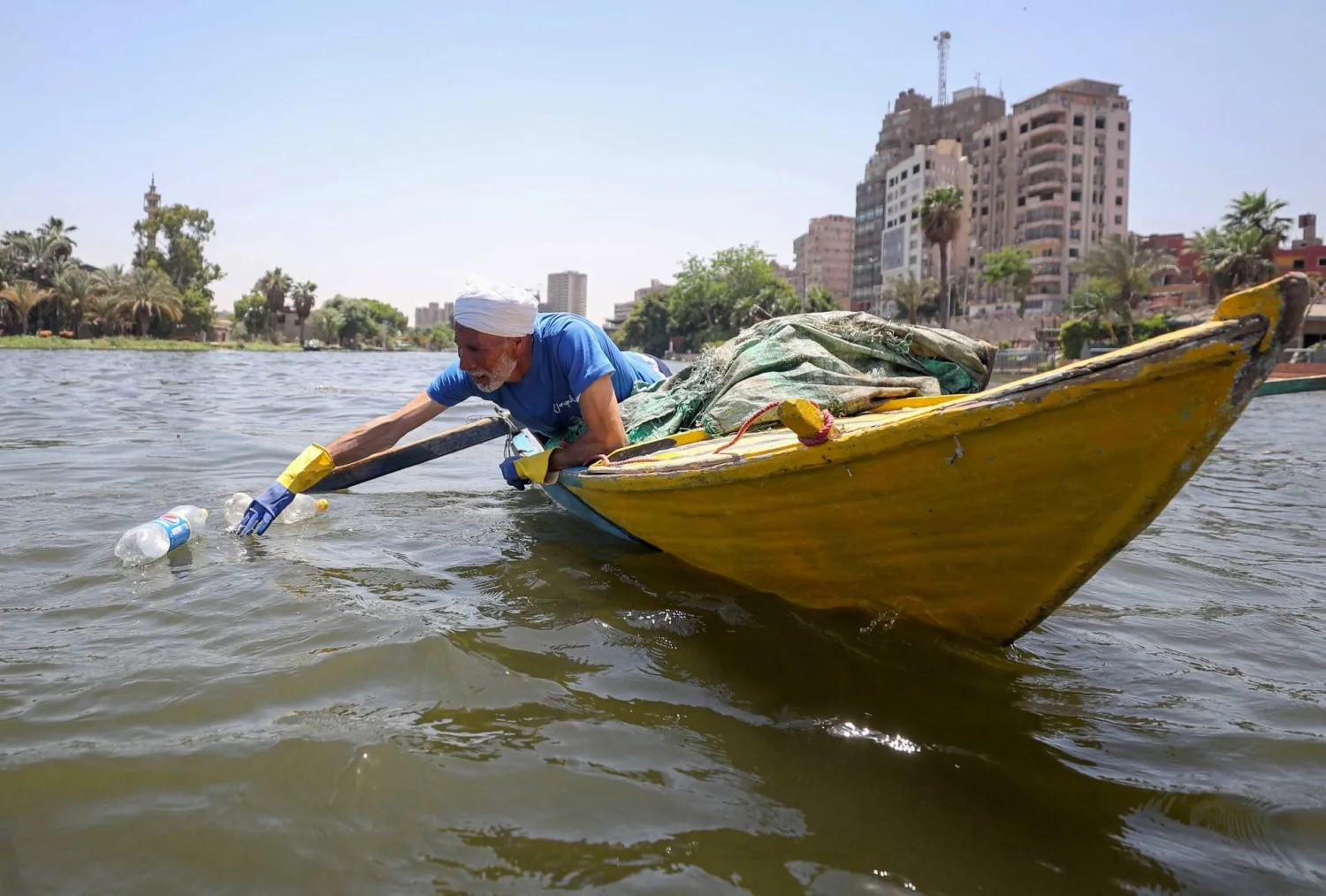Egypt's Minister of Water Resources and Irrigation Hani Sweilam has met the Czech ambassador to Egypt, Ivan Gokl, to discuss bilateral cooperation in water resources.
The Egyptian minister hailed the “constructive cooperation between Egypt and Czechia in the past years”, according to an Egyptian cabinet statement on Thursday.
He further affirmed the “country’s wish for this cooperation to continue and be reinforced in the coming period”.
For his part, the ambassador noted that his country is keen to cooperate with Cairo in all fields, including water resources.
Egypt suffers a deficit in water resources with an estimated need of 114 billion cubic meters, while the resources total 74 billion cubic meters, according to official data.
The Egyptian government seeks to diversify water resources through seawater desalination and consumption rationalization to fight the water scarcity risks.
The Egyptian minister and the Czech ambassador discussed the transfer of Czech expertise to the Egyptians in manufacturing pump units’ spare parts as well as the construction of a maintenance center to carry out urgent maintenance of the pump units in cooperation with the Czech side.
They also touched on the coordination in the research field through the National Water Research Center (affiliated with the Ministry of Water Resources and Irrigation) and the Czech universities and research centers.
The aspects of coordination include water treatment, desalination, modern and smart irrigation, and studies to enhance the efficiency of pumps and cooling systems, in addition to the Czech offering training courses for the experts at the Ministry of Water Resources and Irrigation and the National Water Research Center.
For his part, Sweilam showcased on Thursday his country’s efforts to put the water issue at the core of international climate action through the fifth edition of Cairo Water Week and COP27.
He further called on Czechia to support the Action on Water, Adaptation, and Resilience (AWARe) international initiative, which was launched by Egypt during COP27 in Sharm Sheikh.
Egypt relies on the Nile River in securing 97 percent of its water resources. The country’s annual share of the Nile River is 55.5 billion cubic meters.
There is an ongoing dispute between Egypt and Ethiopia because of the Renaissance Dam which Ethiopia built on the main tributary of the Nile River. Egypt fears that the GERD will have a negative impact on the country's water supply.









